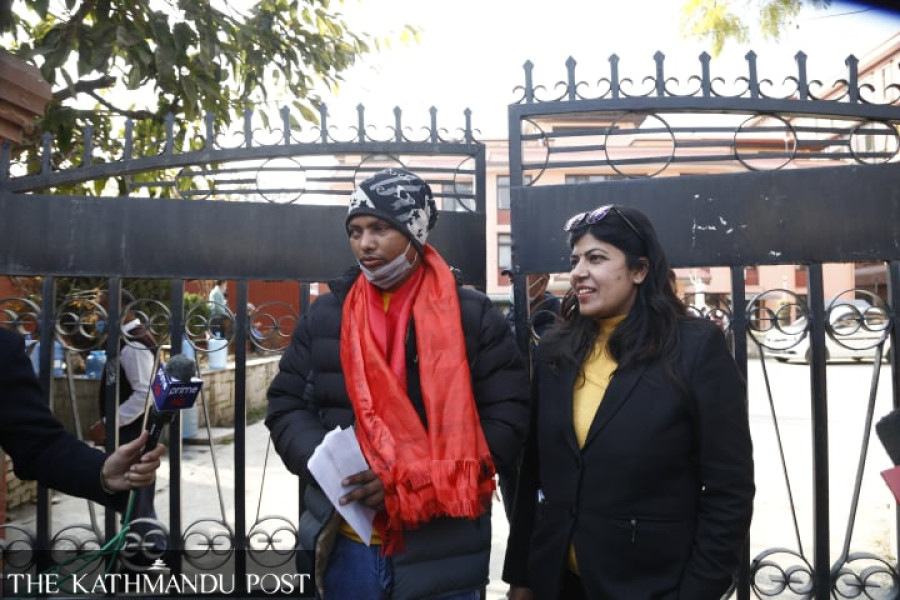Editorial
Barking up the wrong tree
Rayabhar landed in prison due to lack of integrity and common sense among the authorities.
Uma Shankar Rayabhar languished in prison for 11 months for a financial crime he did not commit. Destitute and desperate to earn a living in a metropolitan city, Rayabhar gave his fingerprints, photographs and citizenship certificate to a person he considered his mentor. The mentor, though, turned out to be a Mephistopheles, embroiling an unsuspecting Rayabhar in a well-laid financial fraud plan. What followed was a hellish journey into the Kafkaesque labyrinth that only the moneyed and the powerful know how to navigate. For the likes of Rayabhar, a way out is nothing short of a miracle. Rayabhar’s is a case of an oppressive social structure that finds its victims among the poor and marginalised.
Having been educated until Class 5 and hailing from Bara district, all that Rayabhar dreamed of becoming was a motorcycle mechanic. But he was found guilty of evading Rs280 million in taxes through an organisation registered in his name. The Patan High Court, failing to look beyond the paper trail, demanded Rs7.5 million as bail amount from a man with little financial means. It is not entirely appropriate to pass an authoritative judgement on a case that is sub judice, but a few facts related to the Rayabhar case stand out to question the integrity and common sense of those who considered him guilty of financial fraud of gigantic proportions. It is alarming how the Patan High Court failed to see the discrepancies in the investigation and ended up sending to prison a man who would have no means to engage in large-scale financial fraud.
Rayabhar’s case has exposed how the poor and marginalised are being framed for crimes they did not commit. The case should open up a debate on the malpractice of framing innocent persons for financial crimes and lead to a reform in the way investigations into cases of financial fraud are handled by the authorities. Moreover, the agencies mandated to investigate such matters have done a shoddy job, framing an innocent person while the culprits are at large. The task of the authorities is not to blindly follow the paper trail and implicate the innocent. Their task, rather, is to investigate in a way in which they find the truth of the matter and bring the real culprits to book. Revenue investigators should not consider their job done even in cases where the real culprits get away and innocent persons land up in prison. Moreover, they should institute a mechanism that looks into irregularities in their investigation.
It is time to reconsider the role of bureaucratic institutions whose task has been limited to completing formalities on paper while their actions might have led to innocent people being framed and incarcerated while the criminals continue to abscond. The fact that there is no proper mechanism of compensation in cases of false implication and incarceration means that individuals like Rayabhar end up becoming further disadvantaged, both socially and financially. Authorities should begin the investigation all over again and nab the real culprits and ensure that they do not engage in further incidents of abuse of the legal system.




 18.12°C Kathmandu
18.12°C Kathmandu














